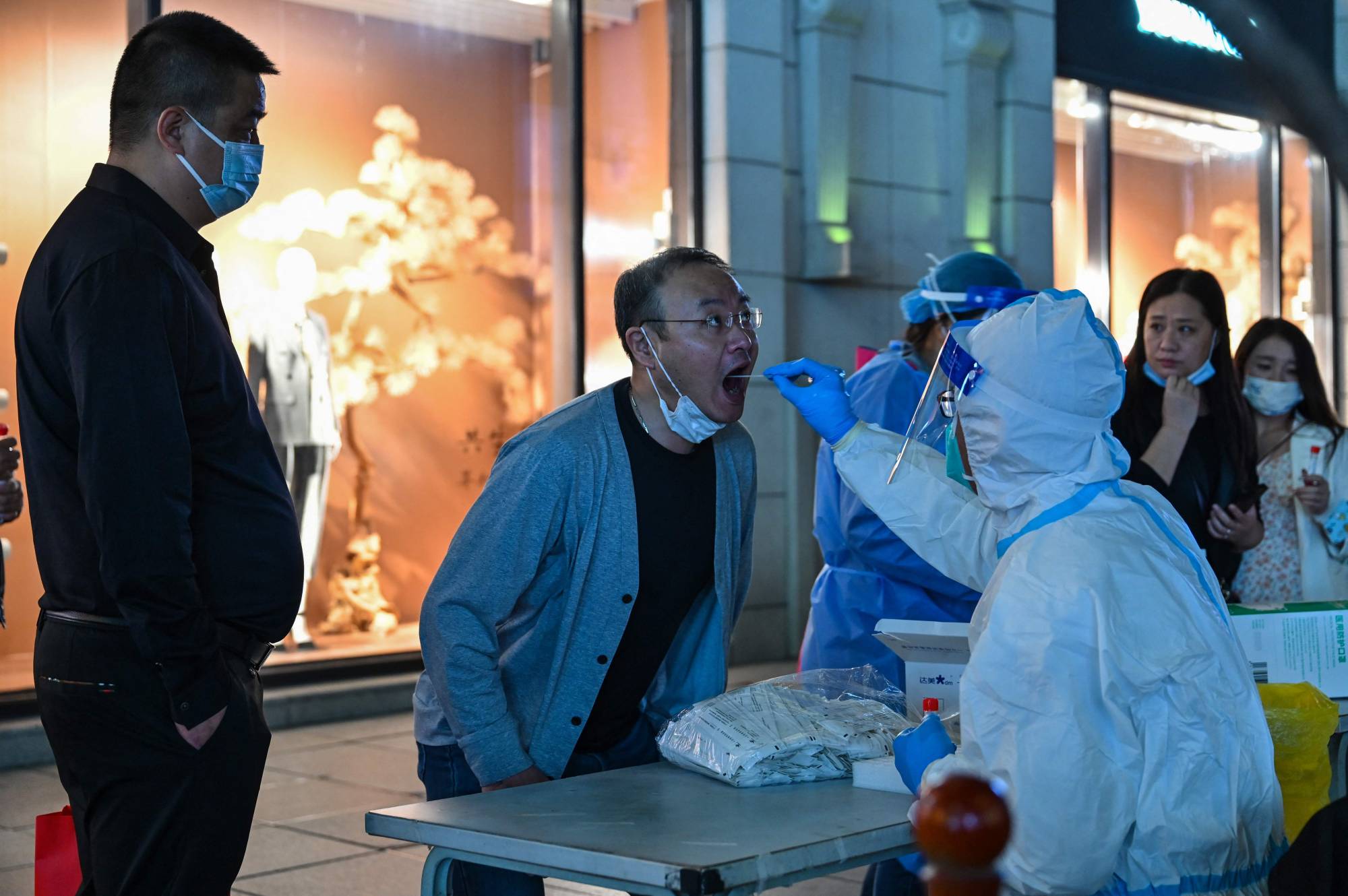COVID-19 at any level of severity is linked to an increased risk of dangerous blood clots that start in patients’ veins and travel to the heart, lungs and other parts of the body, according to a U.K. study that highlights the pandemic’s role in driving up rates of cardiovascular disease.
Nonhospitalized COVID-19 patients were 2.7 times more likely to develop dangerous clots called venous thromboembolisms and were more than 10 times more likely to die than individuals who avoided the disease, scientists at Queen Mary University of London found in a study of almost 54,000 people followed for an average of about 4½ months. The increase in risk was highest in the first 30 days after the disease began, but could remain elevated even longer, the researchers said.
The findings are yet another sign of the hidden dangers of the virus that can result even from mild cases. Yet risks were significantly worse for patients hospitalized for COVID-19, who had 28 times higher risk of venous thromboembolism, 22 times increased risk of heart failure and 18 times greater risk of stroke than unaffected people. Their chance of dying was more than a hundredfold higher compared with their uninfected counterparts.


















With your current subscription plan you can comment on stories. However, before writing your first comment, please create a display name in the Profile section of your subscriber account page.